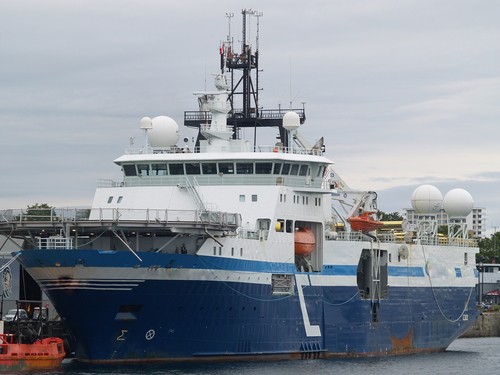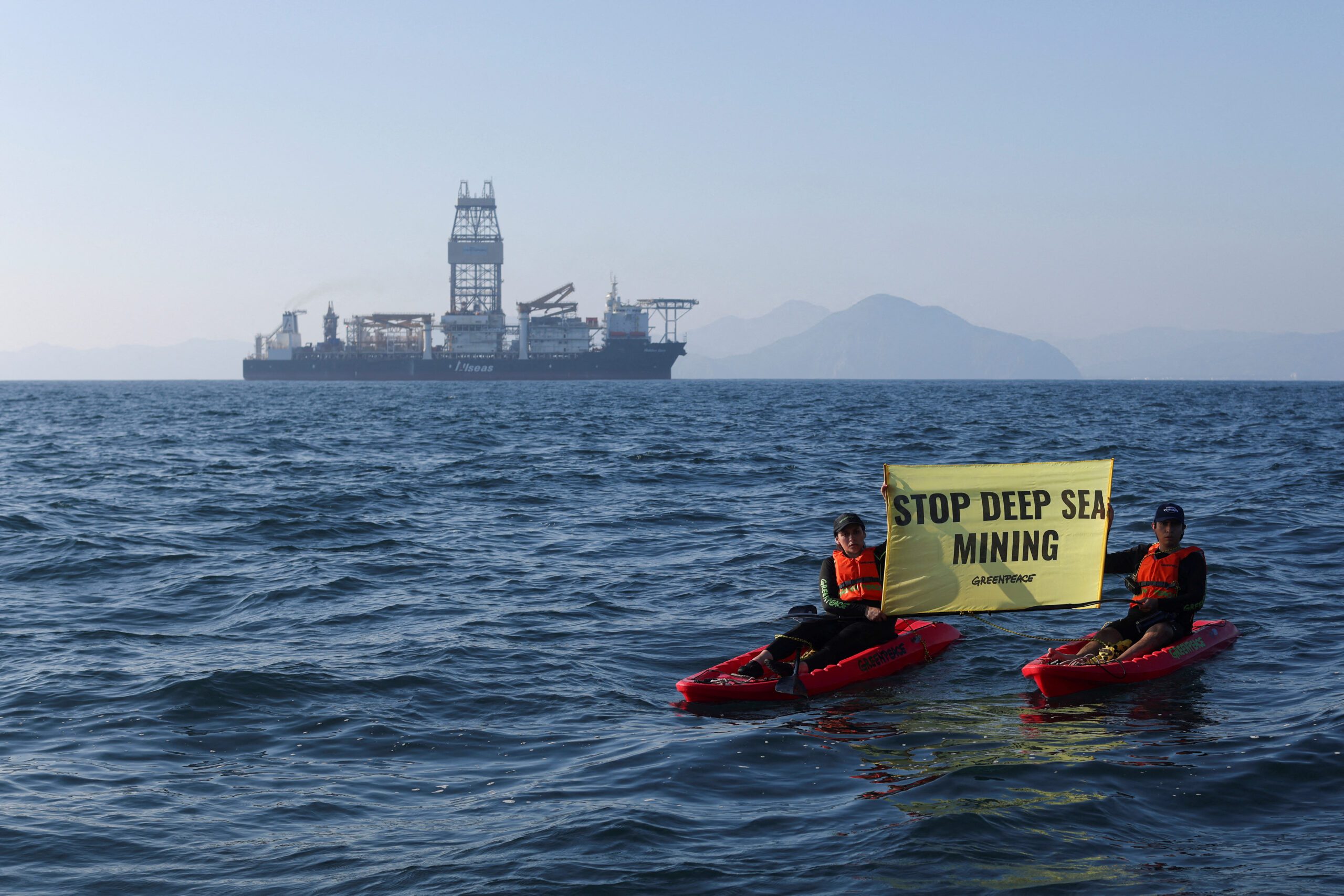(Bloomberg) — Chinese fishing vessels accidentally cut the cables of a Vietnam Oil & Gas Group seismic ship doing work in Vietnam-controlled waters of the South China Sea, according to Chief Executive Officer Do Van Hau.
“China cut the cables by accident,” he said by phone today. “It’s unlike last time when they intentionally cut our cables.”
PetroTimes, a newspaper run by the company, quoted Pham Viet Dung, deputy head of exploration, yesterday accusing the Chinese fishing vessels of “harassing” the Binh Minh 2 survey ship when the cables were cut on Nov. 30. State-run PetroVietnam made repairs on Dec. 1, the report said.
The incident occurred as China presses its claims to most of the South China Sea over the objections of Vietnam and the Philippines, which reject its map of the waters as a basis for joint oil and gas development. Last year, Chinese vessels cut the cables of a PetroVietnam survey ship and chased away a boat in waters delimited by the Philippines.
China’s foreign ministry is still “verifying the situation,” spokesman Hong Lei said. The incident took place in waters claimed by both countries, he said, and “Chinese fishing boats were engaging in normal fishing activity in that part of the sea.”
The incident with PetroVietnam took place about 20 miles west of the median line between Vietnam and China in the Gulf of Tonkin, PetroTimes reported. The two countries reached an agreement to delimit waters in the gulf in 2000.
‘Cannot Accept’
Earlier this year, PetroVietnam warned China to halt efforts to develop disputed areas of the South China Sea that Hanoi’s leaders have already awarded to companies including Exxon Mobil Corp. and OAO Gazprom. China National Offshore Oil Corp., the government-owned parent of Cnooc Ltd., deployed China’s first deep-water drilling rig in May near disputed islands.
Vietnam “cannot accept” any move by China to tap resources in areas that fall within its continental shelf or exclusive economic zone, Deputy Foreign Minister Pham Quang Vinh said in a Nov. 28 interview in Hanoi. That refers to an area of sovereignty stretching 200 nautical miles from a country’s coastal baseline, according to the United Nations Convention on the Law of the Sea.
Freedom of Navigation
The South China Sea may hold 213 billion barrels of oil, equivalent to 80 percent of Saudi Arabia’s reserves, according to Chinese studies cited in 2008 by the U.S. Energy Information Administration. China, the world’s second-largest economy, claims “indisputable sovereignty” over most of the sea.
China’s government last week reaffirmed its commitment to freedom of navigation in the South China Sea after Philippine President Benigno Aquino called for it to clarify a report that police would start interdicting ships in disputed waters.
“China attaches importance to freedom of navigation in the South China Sea and at the moment there’s no problem in this regard,” Hong Lei said on Nov. 30, adding that issues should be resolved through “friendly” consultations. The official Xinhua news agency reported on Nov. 27 that authorities in Hainan Island province empowered police to seize and expel ships that illegally enter its waters.
Copyright 2012 Bloomberg.

 Join The Club
Join The Club











